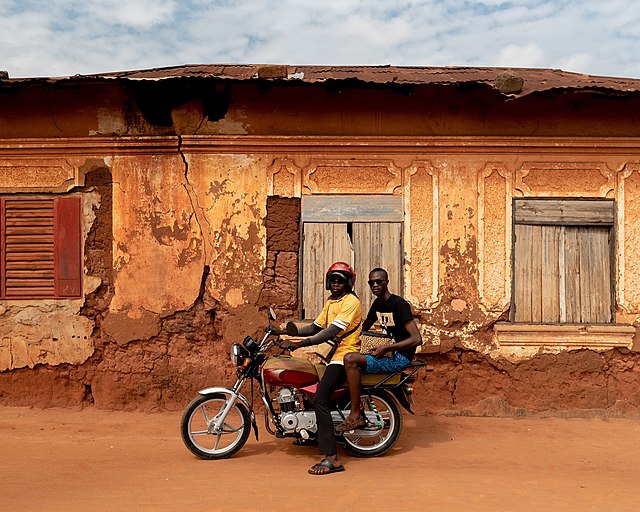
The course examines the multiple experiences of Africans (their racialized and gendered existences, their affective relations, their ways of relating to and caring for each other and the land) and explores what it means to think and write anthropologically about Africa in classical terms, using new paradigms and considering innovative technologies. The course examines the representations and discourses produced about Africa outside of academia, in fiction, social media, etc. Certain themes - the postcolonial condition of Africa and Africans, and the need to decolonize knowledge of the continent - recur and cut across many sessions. The selection of texts attempts to bring more recent works into conversation with classics to ensure a certain depth in understanding the history of the production of knowledge about Africa and the deployment of different paradigms. It also centers African authors and female academic voices. The purpose of the course is twofold: a) to introduce students to analytical and methodological tools for studying the cultural and social dimensions of the African experience, and b) to explore articulations of politics, socio-economics, identity, and culture that are ethnographic but theoretically resonant for a comparative understanding of African life.
- Teacher: Somda Dominique
